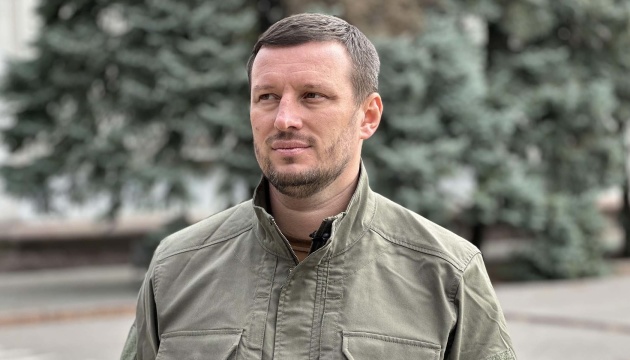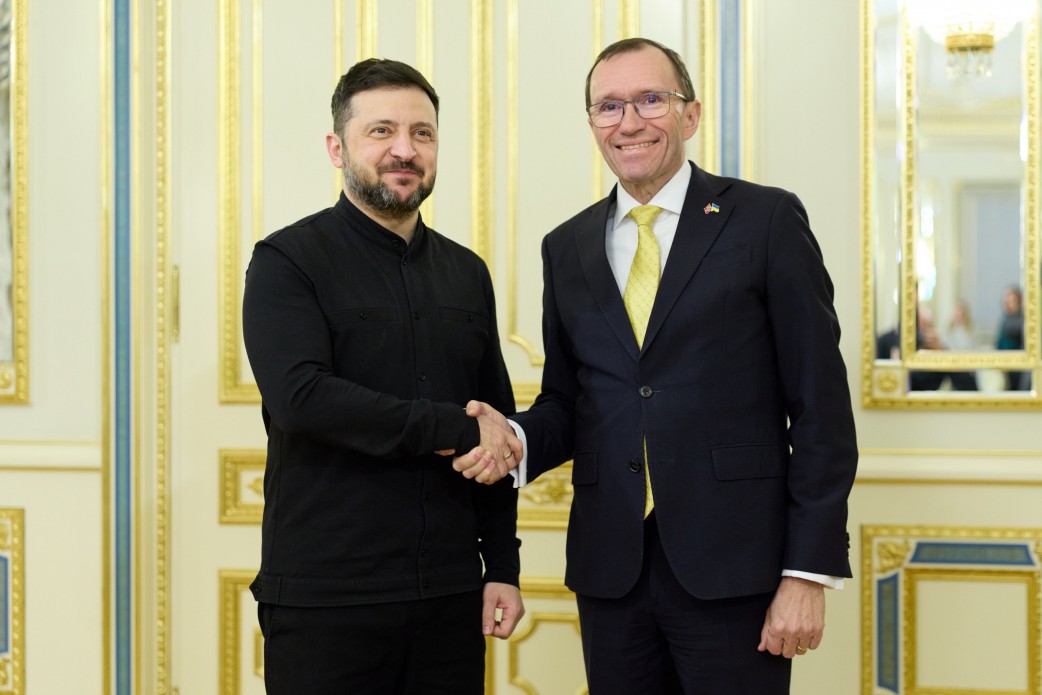The Kremlin has dramatically increased funding for overseas propaganda, investing record sums to cultivate networks of foreign young leaders, journalists and bloggers. According to Important Stories, Russia’s federal agency “Rossotrudnichestvo” — widely seen as a front for the country’s security services — has signed contracts worth 412 million rubles ($4.9 million) for youth and media programs abroad, 1.5 times more than last year.
Most of the money goes to Rossotrudnichestvo’s flagship initiative, New Generation. The program finances short trips to Russia for foreigners aged 14–40 — activists, journalists, bloggers, entrepreneurs and researchers — offering excursions, hikes, meetings with officials and training sessions led by propagandists. Moscow hopes these participants will later rise to influential positions at home and promote Kremlin-friendly narratives.
In 2025 Rossotrudnichestvo plans to spend a record 357.3 million rubles ($4.25 million) on New Generation to host 1,600 participants. In 2024, it allocated 127.8 million rubles ($1.5 million) to bring 1,000 people; 921 came, including 603 from post-Soviet states and 264 from Africa, Asia, the Middle East and the Americas.
Foreign journalists and bloggers on the program train at Russia’s state propaganda outlets RT and Sputnik, which are under EU and Western sanctions for spreading disinformation about the war in Ukraine. They are taught to “debunk anti-Russian myths imposed by Western propaganda.” In 2025 the main focus shifts to African media representatives. Rossotrudnichestvo promotes them with short interviews on its YouTube channel. Among trainees are award-winning Zambian reporter Iona Buyoya, who criticized Russia’s invasion in 2024 but still interned at RT in 2025, and Nigerian TV host Chioma Kalu, who wrote on LinkedIn that the trip “changed my worldview” and announced she is now “officially RT-certified.”
Beyond youth programs, Russia has sharply expanded spending on promoting the Russian language abroad since the full-scale invasion. A state program adopted in 2023 provided 500 million rubles ($6.15 million) in 2024, rising to 1.8 billion rubles ($22.7 million) in 2025 — 3.5 times more. Nearly 1 billion rubles ($12.3 million) will fund “stimulating interest in Russian,” including through the “Russian World” foundation and RT’s new online learning platform Window to Russia.
Rossotrudnichestvo supplies textbooks and teaching materials to Russian cultural centers worldwide. In 2025 it allocated about 170 million rubles ($2.05 million) — double the previous year — to ship materials to Europe (Austria, Slovakia, Slovenia, Albania, Belgium, Hungary, Italy, Croatia, Serbia, Bosnia and Herzegovina, Montenegro, Belarus), Asia (Mongolia, Laos, Kazakhstan, Kyrgyzstan, Uzbekistan, Tajikistan) and Africa (Egypt, Zambia, Tanzania, Mauritius) as well as post-Soviet states.
Some of these materials include history books edited by Vladimir Medinsky that reflect Kremlin narratives, claiming the West seeks to “destabilize Russia” and depicting the invasion of Ukraine as a pre-emptive move to prevent Kyiv’s NATO membership — “perhaps the end of civilization,” they assert.
Rossotrudnichestvo head Yevgeny Primakov has called negative depictions of Russia in post-Soviet textbooks “trash” and stressed the importance of neighboring countries in mitigating sanctions: “We understand the enormous importance of the near abroad for Russia, especially when attempts are made to isolate us,” he said.
Despite rising outlays, Rossotrudnichestvo’s “soft power” remains limited. Its annual budget is 5.5 billion rubles ($66 million), compared with the U.S. Agency for International Development’s $44 billion budget in 2024 — nearly 700 times larger.




















